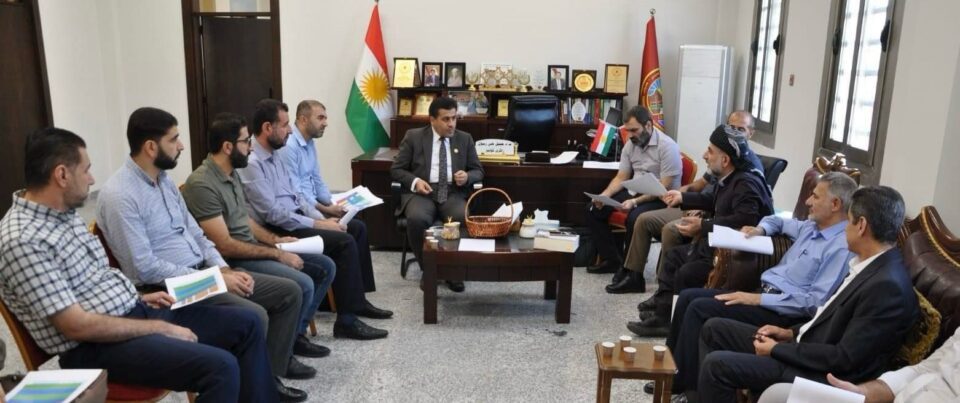The rich tradition of Islamic scholarship in Kurdistan takes center stage this month as the College of Islamic Sciences at the University of Salahaddin in Erbil hosts the Second International Conference on “Prophet Studies in Kurdish Poetry.” This two-day event, scheduled for the 25th and 26th of this month, will bring together over 40 researchers from across Kurdish regions to explore the deep connection between Kurdish literary traditions and the veneration of Prophet Muhammad.
Professor Dr. Jamil Ali Surchi, Dean of the College of Islamic Sciences, emphasizes the unique position of the Prophet in Kurdish culture: “Prophet Muhammad has held a prominent place in the hearts and literary works of Kurdish poets and writers throughout history.” He explains that this connection stems from the fact that many Kurdish poets were educated in traditional Islamic schools, allowing them to blend their literary talents with religious devotion seamlessly.
The conference aims to provide a scholarly examination of this cultural phenomenon, offering a platform for academic discourse on the intersection of faith, literature, and Kurdish identity. Researchers will present papers on topics such as the portrayal of the Prophet’s life and characteristics in Kurdish poetry, as well as analyses of poems describing the Mi’raj, the Prophet’s night journey and ascension. They will also explore the evolution of Prophet-centered themes in Kurdish literature over time, the role of Mawlid texts in Kurdish religious expression, and mystical and Sufi interpretations of the Prophet in Kurdish verse.
One of the conference’s key objectives is to explore how Kurdish poets have used their art to deepen religious understanding and promote balanced, moderate expressions of faith. By examining these works through both literary and theological lenses, scholars hope to gain new insights into Kurdish spiritual and cultural heritage.
The event also highlights the Kurdish people’s reputation as enthusiastic celebrants of the Prophet’s birthday, showcasing how this devotion has manifested in their poetic traditions. “Poetry and literature serve as a window into the soul of a culture,” notes Dr. Surchi. “Through these works, we can see the deep love and respect Kurdish people have held for Prophet Muhammad throughout the centuries.”
By bringing together researchers from Eastern, Western, Southern, and Northern Kurdistan, the conference fosters academic collaboration across political boundaries. This gathering not only advances the field of Islamic studies but also strengthens cultural ties within the broader Kurdish community.
As the conference concludes, organizers plan to compile the research presented into a published volume, ensuring these scholarly insights reach a wider audience. This collection will serve as a valuable resource for future studies on Kurdish literature, Islamic history, and the ongoing cultural significance of Prophet Muhammad in Kurdish society.

